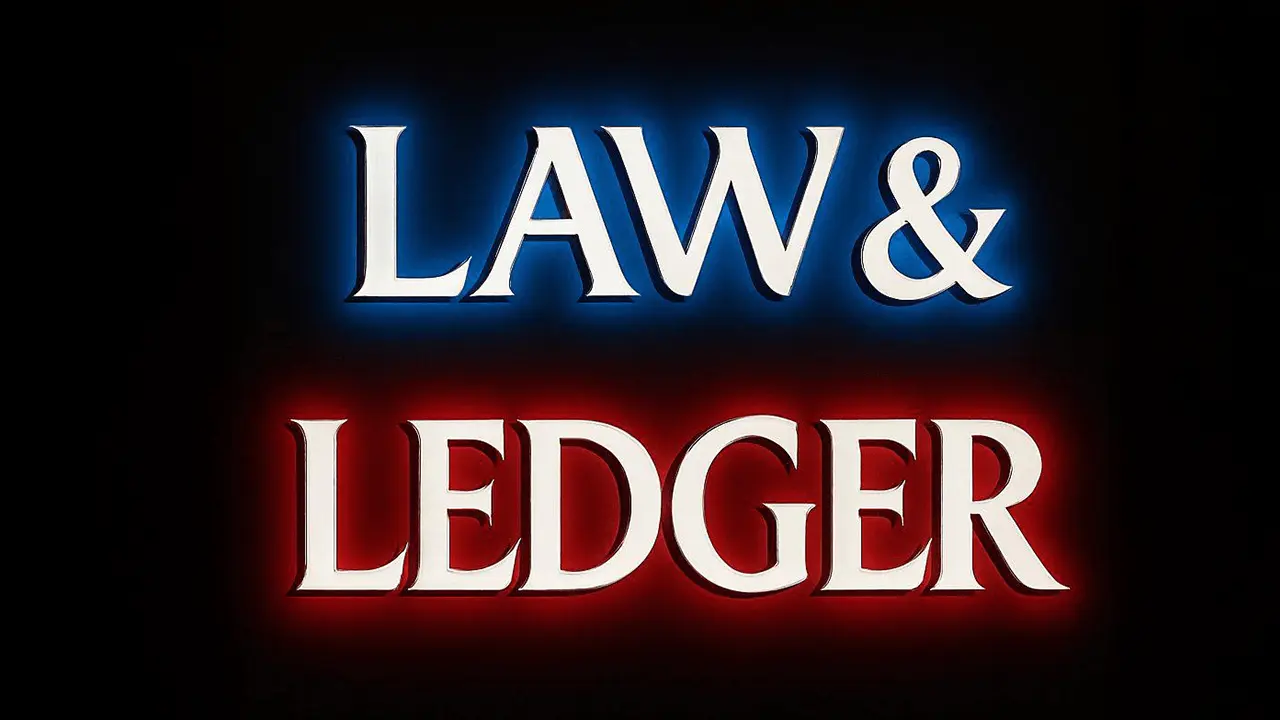AI and Smart Contracts: Legal Implications for Crypto

Law and Ledger is a news segment focusing on crypto legal news, brought to you by Kelman Law – A law firm focused on digital asset commerce.
WRITTEN BY
Guest Author
AI and Smart Contracts: Legal Implications for Crypto
The following opinion editorial was written by Alex Forehand and Michael Handelsman for Kelman.Law.
AI and Smart Contracts in Focus
The intersection of artificial intelligence (AI) and blockchain technology is reshaping how crypto projects operate and how legal practitioners approach them. Smart contracts—self-executing agreements coded onto blockchains—are increasingly being developed, audited, and even optimized with the assistance of AI tools. While these innovations promise efficiency and scalability, they also introduce new legal questions around liability, enforceability, and professional responsibility.
AI in Drafting and Auditing Smart Contracts
Traditionally, smart contract development required highly specialized coding knowledge, with security audits performed manually by experts. Today, AI models can generate and review Solidity or Rust code in minutes. Some platforms even integrate AI-based auditing tools that detect common vulnerabilities like reentrancy attacks or integer overflows.
This democratization of development may accelerate adoption, but it also raises accountability questions. If a vulnerability in an AI-generated smart contract leads to loss of funds, is liability on the developer who used the tool, the provider of the AI model, or both? Courts have only begun to grapple with such issues in broader AI contexts, and no clear precedent yet governs crypto-specific disputes.
Enforceability and Legal Recognition
Smart contracts occupy a gray area between code and law. Many jurisdictions recognize them as binding agreements if they satisfy traditional contract requirements such as offer, acceptance, and consideration. However, when AI plays a role in drafting or deploying these contracts, disputes may arise over intent. Did the parties fully understand the code generated by an AI tool? Could defects in the AI’s output undermine enforceability?
As the U.S. Commodity Futures Trading Commission (CFTC) and the Securities and Exchange Commission (SEC) expand oversight of crypto markets, it is plausible that future guidance will address AI-assisted smart contracts. For now, practitioners must assume that courts will apply existing doctrines of contract law and negligence.
Ethical and Professional Responsibility
Lawyers advising on token issuances, decentralized finance (DeFi) projects, or smart contract disputes are beginning to experiment with AI in their workflows. Recent research highlights both the strengths and limitations of large language models in analyzing securities law and crypto cases (arXiv). While AI can expedite drafting and research, the American Bar Association’s Model Rules of Professional Conduct emphasize attorney supervision and competence. Blind reliance on AI-generated work product could expose attorneys to malpractice claims.
Cross-Border Considerations
AI in crypto is not confined to the United States. The European Union’s AI Act will impose risk-based requirements on AI systems, potentially affecting developers of blockchain applications that rely on automated coding tools. Meanwhile, jurisdictions such as Singapore and Switzerland are exploring how to balance innovation with consumer protection in both AI and crypto regulation. Cross-border projects must therefore account for divergent regulatory regimes.
Practical Steps for Crypto Projects and Legal Advisors
Document human oversight whenever AI tools are used to draft or audit smart contracts.
Conduct independent code audits to validate AI outputs before deployment.
Update risk disclosures in token offering documents to reflect AI use in development.
Monitor evolving regulations from the SEC, CFTC, and international bodies on both crypto and AI.
Conclusion
AI has the potential to transform the way smart contracts are created, tested, and enforced. But with this innovation comes heightened legal risk. For crypto entrepreneurs and legal advisors alike, the key will be balancing efficiency gains with careful oversight, rigorous compliance, and proactive engagement with emerging regulatory frameworks.
We are available to discuss all potential claims and issues related to the digital asset markets. To set up a consultation, contact us here.
This article originally appeared at Kelman.law.
Welcome to Billionaire Club Co LLC, your gateway to a brand-new social media experience! Sign up today and dive into over 10,000 fresh daily articles and videos curated just for your enjoyment. Enjoy the ad free experience, unlimited content interactions, and get that coveted blue check verification—all for just $1 a month!
Account Frozen
Your account is frozen. You can still view content but cannot interact with it.
Please go to your settings to update your account status.
Open Profile Settings